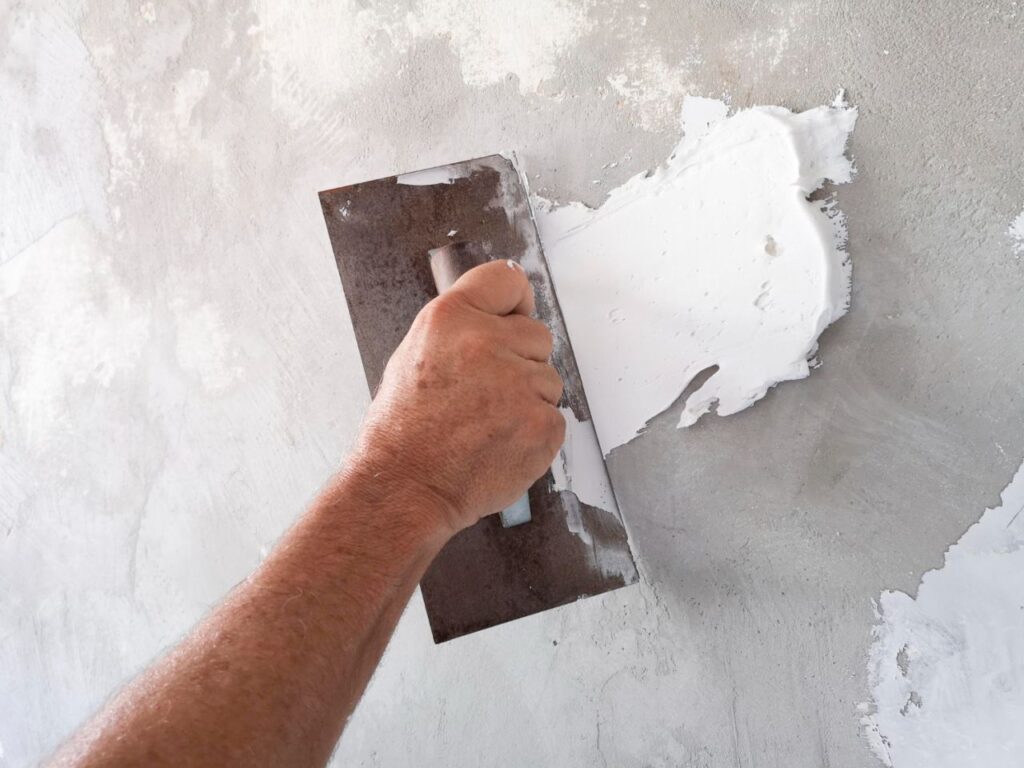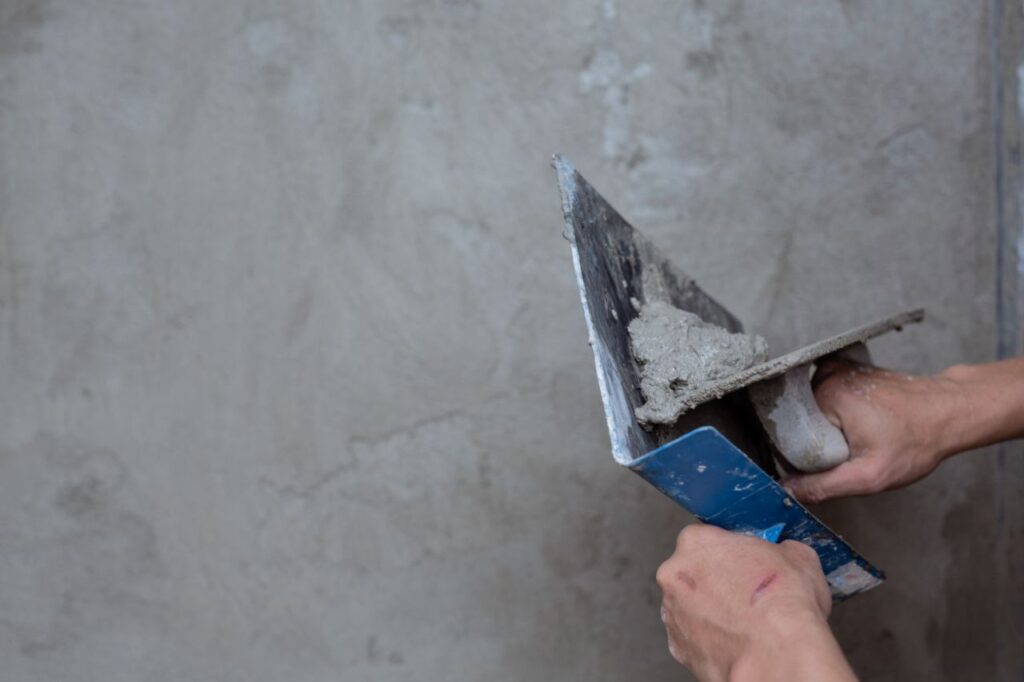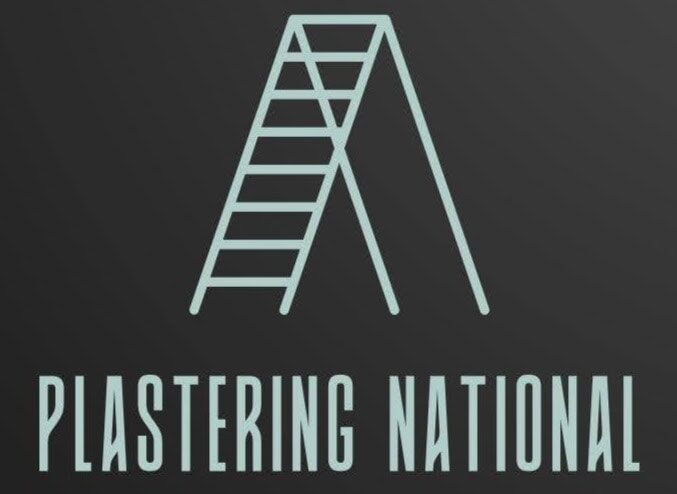Finding a reliable plasterer for your construction or renovation project can be a challenging task. Plastering is a highly skilled trade, and with the growing demand, material shortages, and changes in the workforce, it’s essential to know how to find a good plasterer who can deliver high-quality results. This guide will provide tips on choosing the right plasterer, how to evaluate plasterers, and how to ensure you find the best plasterer for your project.
Let’s Get Straight To The Point
Finding a reliable plasterer can be challenging, but by following a few key steps, you can ensure a high-quality result. To find a good plasterer, ask for recommendations, check online reviews, and research the plastering process.
Always look for a plasterer with relevant experience, qualifications, and proper insurance. When choosing the right plasterer, ask the right questions, compare quotes, and review their portfolio. Plasterer selection should include evaluating their skills, asking about their process, and ensuring they have a written contract. By following these plastering contractor tips, you can hire a professional who will deliver excellent results for your project.
What Makes a Skilled Plasterer?
To ensure you’re hiring a professional, it’s essential to know what good plastering looks like. Understanding the key aspects of plastering will help you when evaluating a plasterer. Here are the key characteristics of professional plasterer qualifications and high-quality plastering work:
1. Smooth Surface
A good plasterer will leave a flawless, smooth finish with no visible trowel marks or rough spots. This is essential when choosing the right plasterer because an uneven surface can lead to poor results, particularly when painting or decorating.
2. No Cracks or Crazing
Be sure to check for any cracks or crazing, particularly at the joints. If you notice any, this may indicate that the plaster was improperly applied or that incorrect materials were used. This is important to watch out for when reviewing a plasterer’s work.
3. Proper Joint Taping
Plaster joints should be taped with mesh scrim instead of paper-based tape, as scrim provides greater durability. Plastering contractor tips recommend this for better longevity. If the tape or scrim loosens, the plastering job will not be as resilient, causing potential issues later on.
4. Smooth to the Touch
Feel the surface to ensure it’s smooth and free from bumps. A plasterer with experience and skills will deliver a finish that is pleasant to the touch without imperfections.
How to Find a Reliable Plasterer for Your Project
When finding reliable plastering contractors, it’s important to ensure they can deliver the quality and finish your project requires. Here are key tips to help you in plasterer selection:
1. Ask for Recommendations
Personal referrals are often the best way to find a reliable plasterer. Ask friends, family, or colleagues for plasterer reviews and recommendations from their own experiences. Recommended plasterers near me can often be found this way, ensuring you hire someone with a solid track record.
2. Check Online Reviews
If personal recommendations are unavailable, turn to online reviews. Websites like Google and trade-specific platforms will provide plasterer customer reviews that give you an insight into the professional’s reliability and work quality.
3. Research the Plastering Process
Understanding the basic plastering methods will help you communicate clearly with a plasterer. Researching the type of plastering required for your project ensures the plasterer understands your needs.
4. Ask Questions
Before hiring, be sure to ask important questions to evaluate a plasterer. A good plasterer should be able to explain the process from start to finish, including preparation, materials, and finishing techniques. Questions to ask a plasterer include:
- What’s your process for surface preparation?
- What materials will you use, and why?
- Do you have experience with similar projects?
5. Check for Relevant Experience
Look for a plasterer with experience in the type of plastering your project requires. For instance, if you need external rendering, ensure the plasterer has experience in rendering work. Plasterer experience and skills are crucial to getting the desired results.
6. Get Multiple Quotes
It’s advisable to obtain at least three quotes from different plastering companies. This allows you to compare prices and services. A detailed plastering services comparison will give you a better understanding of the market rate and the scope of services offered.
7. Review the Plasterer’s Portfolio
Ask to see the plasterer’s portfolio of past work. A professional plasterer should have a collection of before-and-after photos that demonstrate their ability to deliver high-quality results.
8. Ensure Insurance and Qualifications
Always ask about plastering contractor insurance. A reputable plasterer should have the necessary insurance to cover potential accidents. Additionally, check their qualifications. Professional plasterer qualifications, such as City & Guilds or NVQ certifications, ensure they are trained and qualified for the job.
9. Set a Written Contract
Before starting the work, make sure you have a written contract with the plasterer outlining the scope of the job, costs, materials used, and completion date. This helps protect both parties and sets clear expectations.
Conclusion
Finding a professional plasterer who meets your needs requires careful research and planning. By following these tips, you can ensure that you hire the best plasterer for your project, one who will provide high-quality results, whether you’re plastering an interior room or rendering the exterior of your home. Look for plasterer reviews and recommendations, ask the right questions, compare quotes, and ensure the plasterer is fully qualified and insured.
With the right plastering contractor on your side, you can rest assured that your walls and ceilings will be finished to a professional standard, ensuring a beautiful, durable result for your project.
FAQs About Plastering
Is It Advisable To Ask For A Written Contract Before The Work Begins?
Yes, having a written contract protects both you and the plasterer by outlining the terms of the agreement, including project details, timeline, costs, and payment schedule.
What Should I Do If I Encounter Any Issues Or Dissatisfaction With The Plasterer’s Work?
Address any concerns with the plasterer directly and attempt to resolve the issues amicably. If necessary, refer to the terms outlined in the contract and seek mediation if a resolution cannot be reached.
Are There Any Professional Organisations Or Associations For Plasterers That I Should Consider?
Look for plasterers who are members of recognised industry associations or organisations. Membership may indicate a commitment to high standards and ongoing professional development.
Should I Ask For Recommendations From Friends, Family, Or Acquaintances?
Personal recommendations from trusted sources can be valuable when searching for a good plasterer. Ask about their experiences and whether they were satisfied with the quality of work.
What Qualities Should I Look For In A Good Plasterer Besides Technical Skills?
Look for a plasterer who communicates effectively, listens to your concerns, and is reliable and punctual. A good plasterer should also be transparent about the project timeline and any potential challenges that may arise.



